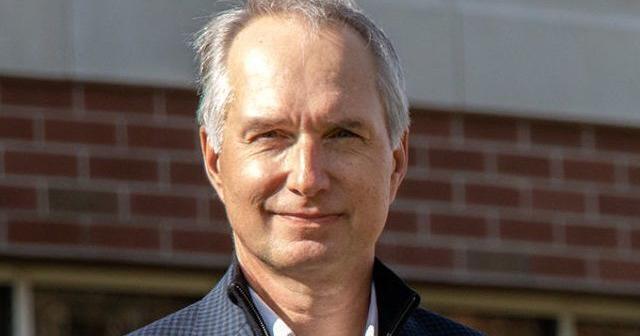The self-help movement, which started fifty years ago, has seen a rapid increase in recent times. The number of self-help books published tripled from 2013 to 2019, with about 15,000 new titles annually. This growth also extends to websites, smartphone apps, seminars, personal coaches, and motivational speakers, contributing to an estimated $13 billion industry.
Young adults, who are often struggling with rising levels of anxiety, depression, and loneliness, are the largest consumers of self-help books.
While the self-help movement may seem modern, its origins can be traced back to the Greek Stoic philosopher Epictetus and his book “The Enchiridion (or Handbook).” This work offers practical advice on finding satisfaction by changing one’s mindset.
“The Enchiridion” emphasizes differentiating between things one can control internally (thoughts, attitudes, fears, desires) and externally (possessions, health, reputation) to achieve contentment. It advocates focusing on mastering internal control and disregarding external concerns.
People are also reading…
Epictetus’ advice has its merits, such as the wisdom to accept events as they unfold rather than as desired. However, his guidance to detach from emotional ties with others raises concerns about his self-centric approach, neglecting the importance of love and relationships in a fulfilling life.
Despite the divergence in approaches, many facets of the modern self-help industry and Stoicism share an emphasis on individual achievement. This pursuit of success is evident in the prevalent themes of self-improvement, personal advancement, and competitiveness.
Whether one seeks self-expression through accomplishments or values interpersonal connections, the choice greatly impacts one’s focus and priorities. Investing in relationships and nourishing meaningful connections can lead to a deeply satisfying life.
Ultimately, genuine fulfillment comes not from solely improving oneself, but from engaging fully in loving relationships with others. The key lies in cultivating healthy communities and learning from those who exemplify positive relational dynamics.
By understanding that we are fundamentally relational beings, we can navigate the complexities of toxic relationships while striving for growth through healthy connections. The paradox of self-help lies in realizing that the true essence of self-discovery lies in nurturing meaningful relationships.





